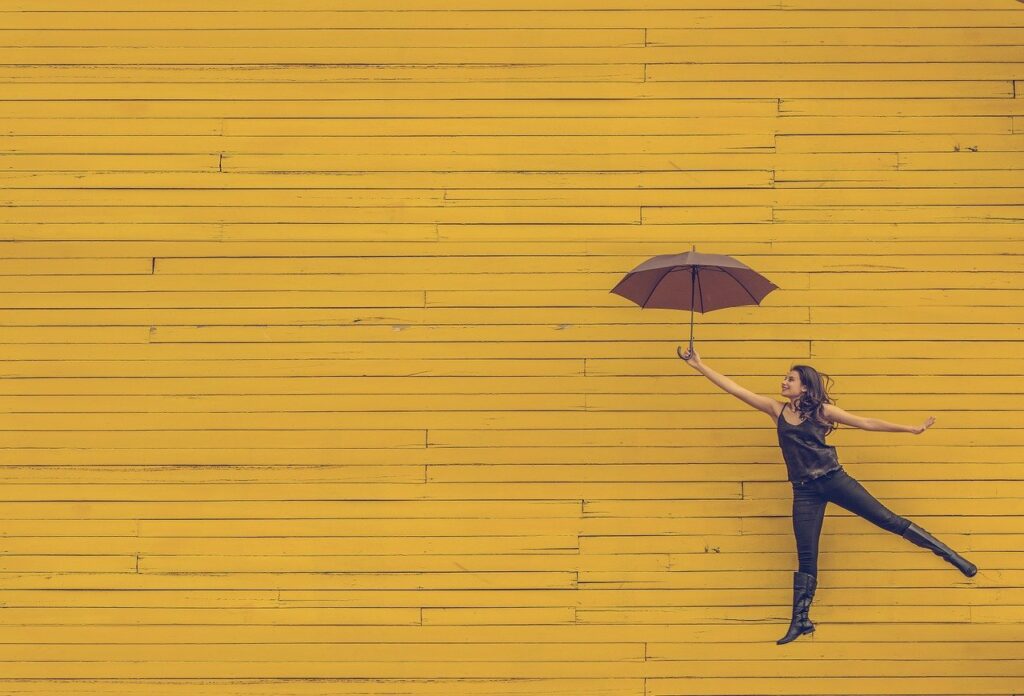REV. JOSE MARIO O. MANDIA
“Nothing that enters one from outside can defile that person; but the things that come out from within are what defile.” (Mark 7:15)
Let’s put that another way. If a man’s behavior is good or bad, it’s not because of genetics or environment, it’s not because of nature or nurture. It’s because of something else. That something is called “freedom.”
The book of Genesis tells us that when the Lord created Adam and Eve, He said, “Let us make man in our image, after our likeness” (Genesis 1:26).
That image of the Maker includes (1) a spiritual and immortal soul with the power of knowing and reasoning (intellect) and of loving (will); (2) the power of procreation (Gen 1:27-28); and (3) lordship over all material creation (Gen 1:28-30; 2:15).
The intellect and the will make us capable of making conscious, rational and intelligent choices. This capacity to make such choices is called freedom.
The Catechism of the Catholic Church teaches us that “Freedom is the power, rooted in reason and will, to act or not to act, to do this or that, and so to perform deliberate actions on one’s own responsibility” (no 1731). It is worth stressing that freedom is rational; it does not spring from “what I feel like doing.”
Our freedom is an image of God’s freedom. And God’s freedom is sacred and inviolable. Our freedom is so sacred and inviolable that God does not allow either angel or devil to touch it (they can only influence our external or internal senses, our body, and our emotions, but not our intellect or our will). Not even God Himself will violate it. “It was he who created man in the beginning, and he left him in the power of his own inclination. If you will, you can keep the commandments, and to act faithfully is a matter of your own choice. He has placed before you fire and water: stretch out your hand for whichever you wish. Before a man are life and death, and whichever he chooses will be given to him” (Ecclesiasticus/Sirach 15:14-17).
Freedom makes us owners of our own actions. Owners take care of their property. They take responsibility for them and thence, receive praise or blame. A car owner receives the prize if his car wins a race. On the other hand, he answers for the damages that his car causes when it hits another car.
“By free will one shapes one’s own life. Human freedom is a force for growth and maturity in truth and goodness; it attains its perfection when directed toward God, our beatitude” (CCC, 1731). A 4th-century Father of the Church, St Gregory of Nyssa, explained it in this way: “our spiritual birth is the result of a free choice, and we are in a certain way our own parents, creating ourselves as we ourselves wish to be, and through our will forming ourselves in accordance with the model that we choose” (Vita Moysis 2, 3).
To be or not to be … it is our choice.
A reflection on the Gospel of the 22nd Sunday of Ordinary Time (B), for the international Catholic Community in Shanghai.


 Follow
Follow


